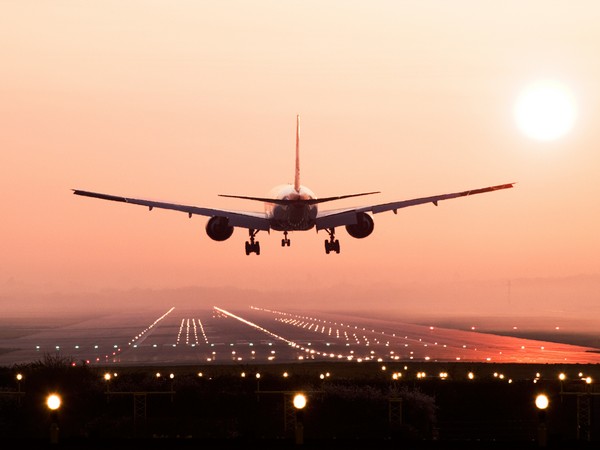Frontier Airlines overhauls network, turns to premium seats in comeback
U.S. no-frills carrier Frontier Airlines is focusing on growing its network in "high fare" markets like Seattle and Detroit at the expense of its footprint in leisure markets such as Las Vegas and Florida in a bid to lift earnings, its CEO told Reuters. The Denver, Colorado-based ultra-low-cost carrier has failed to report a profit in three of the last four quarters despite a travel boom.

U.S. no-frills carrier Frontier Airlines is focusing on growing its network in "high fare" markets like Seattle and Detroit at the expense of its footprint in leisure markets such as Las Vegas and Florida in a bid to lift earnings, its CEO told Reuters.
The Denver, Colorado-based ultra-low-cost carrier has failed to report a profit in three of the last four quarters despite a travel boom. Frontier's struggles, along with some other discount carriers, has some analysts raising questions about their business model. Frontier CEO Barry Biffle pinned the blame on excess industry capacity in key leisure markets that has depressed airfares. Frontier's fare revenue per passenger fell 22% in 2023 from the previous year.
"What happened last year in Florida was the equivalent of Costco, Sam's Club, Walmart, and Target all opening up on the same block," Biffle told Reuters. Frontier is trying to boost revenue by tapping into growing demand for premium travel, adding more seats with extra legroom and business fares targeted at small companies. Biffle said demand for premium seats has been growing at a double-digit pace and currently accounts for as much as 12% of the seats on Frontier's flights.
These products also mark a shift away from the traditional business model of ultra-low-cost carriers which offer a no-frills experience at rock-bottom fares and charge heavily for ancillary services. With consumers more willing to splurge on travel, demand for premium cabin has gone up. While U.S. carriers generally do not break out revenue from different cabins, premium cabins accounted for 39% of Delta Air Lines' passenger revenue last year, up from about 38% in 2022.
Delta told Reuters last year that it expected contribution from premium cabins to increase by one to two percentage points each year for the next several years. Biffle plans to reduce the share of Vegas and Orlando in Frontier's network by one-third by this summer and add more flights to cities like Indianapolis, Seattle and Detroit where it faces less competition from low-fare carriers and can charge more.
"When we look at our route profitability, we make the most money where we compete with legacies," he said, referring to United, Delta and American Airlines. "Where we don't make money is where we compete with Southwest, JetBlue and Spirit." Biffle expects the changes to boost pre-tax margins to a range of 10% to 14% in 2025, up from about 1% last year.
Savi Syth, airline analyst at Raymond James, called Frontier's margin target ambitious, saying the company would need a big jump in revenue. "It seems like the right strategy, but it might take time to fully be realized," said Syth, who expects the airline to report a pre-tax margin of 5% in 2025.
Biffle acknowledged limitations of some of these products as Frontier serves fewer business-oriented markets. It is overhauling its network to allow almost all of its planes to return to their stations every night, with a goal to save $200 million in costs this year. Frontier's shares have gained 34% this year, after falling 47% last year, and compare with a 2.3% decline in the NYSE Arca Airline index.
(This story has not been edited by Devdiscourse staff and is auto-generated from a syndicated feed.)










